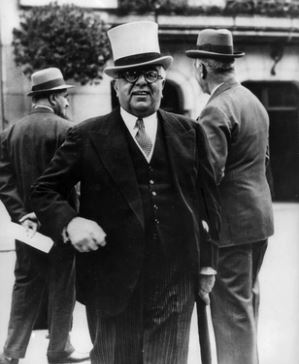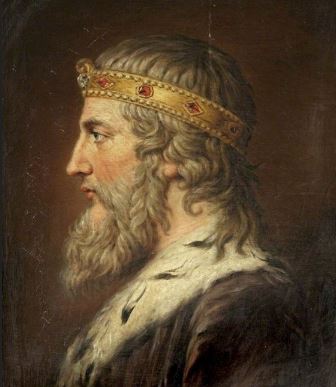Aga Khan III, born Sultan Muhammad Shah on November 2, 1877, in Karachi, British India (now Pakistan), was the 48th Imam of the Nizari Ismaili Muslims. His leadership extended beyond the Ismaili community, making him a significant figure in global Islamic affairs and international diplomacy. Known for his progressive views, educational reforms, and efforts to foster unity among Muslims, Aga Khan III left an indelible mark on the 20th century.
Early Life and Education
Sultan Muhammad Shah was born into a prominent family with a rich spiritual heritage. His grandfather, Aga Khan I, had established the family’s leadership of the Ismaili community, while his father, Aga Khan II, continued to guide the community with wisdom and foresight.
From a young age, Aga Khan III was exposed to diverse cultures and ideas. He was educated privately in Bombay (now Mumbai) and Europe, where he developed a keen interest in history, philosophy, and political science. This broad education helped shape his progressive worldview, which would later influence his leadership style.
Ascension to the Imamate
At the age of just eight, following the death of his father in 1885, Sultan Muhammad Shah succeeded him as the 48th Imam of the Nizari Ismailis, taking on the title of Aga Khan III. Despite his youth, he quickly grew into the role, guided by his advisors and his own innate leadership qualities. Over time, Aga Khan III emerged as a leader who balanced tradition with modernity, working tirelessly to improve the lives of his followers and the broader Muslim community.
Advocacy for Muslim Unity and Education
Aga Khan III was a staunch advocate for Muslim unity and played a key role in the political and social development of Muslims in the British Empire. He was a founding member and the first president of the All-India Muslim League, an organization that sought to represent the interests of Muslims in India. His efforts were instrumental in the eventual creation of Pakistan in 1947.
One of Aga Khan III’s most significant contributions was his emphasis on education. He believed that education was the key to progress and empowerment for Muslims. He established numerous schools, colleges, and scholarships, particularly for women, promoting modern education while maintaining Islamic values. His initiatives helped raise literacy rates and created opportunities for many within the Ismaili community and beyond.
Role in International Diplomacy
Aga Khan III’s influence extended beyond the Muslim world. He was a prominent figure in international diplomacy, representing India at the League of Nations from 1932 to 1934, where he served as President of the League of Nations Assembly. His diplomatic efforts were aimed at fostering peace and cooperation among nations, and he was a vocal advocate for the rights and independence of colonized peoples.
Throughout his life, Aga Khan III maintained close relationships with world leaders, using his position to advocate for the welfare of Muslims globally. He was a bridge between the East and the West, promoting understanding and dialogue between different cultures and religions.
Social Reforms and Philanthropy
Aga Khan III was a visionary social reformer who sought to modernize and uplift his community. He introduced numerous reforms aimed at improving the social and economic conditions of the Ismailis. These included the establishment of cooperative societies, health care initiatives, and housing projects.
His philanthropic efforts were not limited to the Ismaili community. Aga Khan III was deeply committed to humanitarian causes, donating generously to various educational, medical, and cultural institutions. His vision of a more just and equitable society drove his philanthropic endeavors, which left a lasting impact on many communities worldwide.
Legacy
Aga Khan III passed away on July 11, 1957, in Geneva, Switzerland, after a long and illustrious life. He was succeeded by his grandson, Prince Karim Aga Khan IV. Aga Khan III’s legacy is one of profound influence, not only within the Ismaili community but also across the Muslim world and beyond.
His leadership during a time of significant change and challenge helped shape the modern Ismaili community, fostering a spirit of unity, progress, and compassion. His contributions to education, social reform, and international diplomacy continue to inspire and resonate with people around the world.
Aga Khan III was a leader who combined spiritual guidance with a commitment to social progress and global diplomacy. His life’s work reflected a deep dedication to improving the lives of others, whether through education, social reform, or efforts to foster international peace. As a visionary leader, his legacy endures, continuing to influence and inspire long after his passing.




